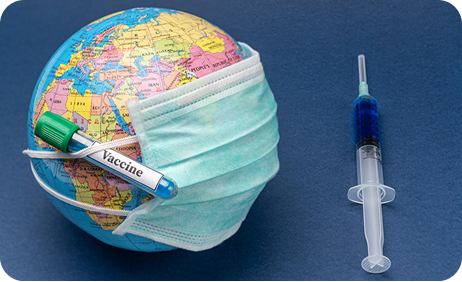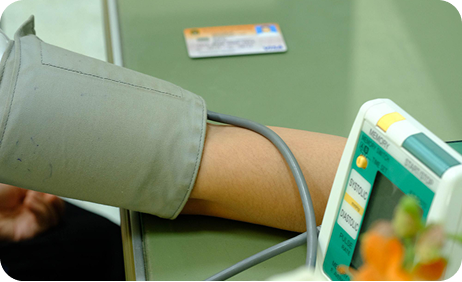Here’s a step-by-step guide to help you prepare for your travel vaccines and ensure your trip is as safe as it is memorable.
Why Travel Vaccines Are Important
When travelling to certain countries, you may be exposed to infections not found in the UK. Travel vaccines:
- Protect you from serious illnesses like yellow fever, hepatitis A, and typhoid
- Prevent the spread of disease to others
- Help you meet entry requirements — some countries won’t allow entry without proof of vaccination
Step 1: Check Requirements for Your Destination
Every country has different health risks. Some require mandatory vaccines for entry. To prepare:
- Visit the NHS Fit for Travel website
- Check UK Government travel advice
- Consult a GP or travel health clinic for personalised guidance
Step 2: Book Your Vaccines Early
Many vaccines need multiple doses or time to become effective. Ideally, book your appointment 6–8 weeks before travel to allow:
- Your immune system time to build protection
- Completion of multi-dose schedules (e.g., rabies, hepatitis B)
- Extra time in case certain vaccines are in limited supply
Step 3: Bring the Right Information
At your appointment, be ready to share:
- The countries you’re visiting (including stopovers)
- Duration of your stay
- Planned activities (e.g., rural travel, safaris, volunteer work)
- Past vaccination records
This ensures you get the right vaccines for your trip.
Step 4: Don’t Forget Routine Vaccines
It’s not just about travel-specific vaccines. Make sure your routine UK vaccinations (such as tetanus, measles, mumps, rubella, and polio) are up to date.
Step 5: Plan for Side Effects
Travel vaccines are safe, but some people experience mild side effects such as:
- Soreness at the injection site
- Low-grade fever
- Fatigue or headache
These usually pass within a couple of days. It’s best to book your appointment when you don’t have major plans immediately afterwards.
Step 6: Keep Records Handy
Some countries require an International Certificate of Vaccination (e.g., yellow fever). Keep your vaccine records with your passport, and store a digital copy on your phone for easy access.
Quick Tips for a Smooth Appointment
- Stay hydrated before your vaccination
- Wear short sleeves or loose clothing for easy access to your arm
- Let your provider know about allergies, pregnancy, or medical conditions
- Ask about malaria prevention if you’re visiting a high-risk area
Final Thoughts
Preparing for your travel vaccines is just as important as booking your flights and packing your bags. By planning early, knowing what you need, and keeping records safe, you’ll travel with peace of mind and stay protected along the way.
Healthy travel starts with smart preparation.




